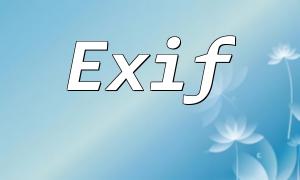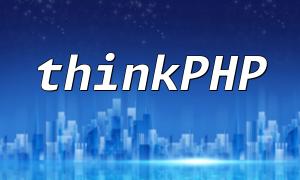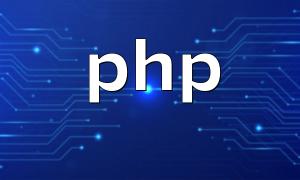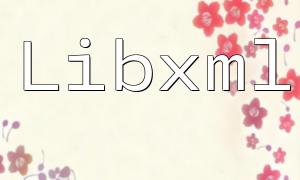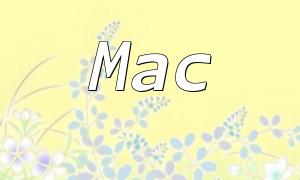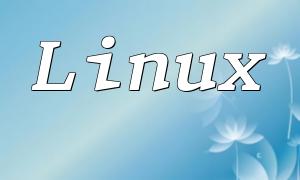Database operations are an essential part of web application development. However, directly interacting with the database often leads to long and hard-to-maintain code. By implementing Object-Relational Mapping (ORM) technology, PHP frameworks help developers simplify database operations, reduce redundant code, and improve development efficiency. In this article, we'll explore how PHP frameworks achieve this goal using ORM.
Object-Relational Mapping (ORM) is a technique that bridges the gap between object models and relational databases. Through ORM, developers can interact with the database using object-oriented methods, without the need to write complex SQL queries. This approach not only increases code readability and simplicity but also enhances code maintainability.
The core idea of ORM is to map database tables to classes, and each row in a table to an instance of the corresponding class. The class's properties are mapped to the fields of the database table. With this approach, developers can interact with the database by manipulating objects and their properties, rather than writing raw SQL.
In PHP development, several popular frameworks support ORM, such as Laravel, Symfony, and CakePHP. These frameworks provide their own ORM systems that enable developers to interact with databases quickly and efficiently.
The Eloquent ORM in Laravel is one of the most popular ORM implementations. Eloquent makes it extremely easy to define models and perform database operations using simple syntax, eliminating the need for writing complex SQL queries.
// Define a model
namespace App\Models;
use Illuminate\Database\Eloquent\Model;
class User extends Model {
protected $table = 'users'; // Database table name
public $timestamps = true; // Enable timestamps
protected $fillable = ['name', 'email', 'password']; // Mass assignable attributes
}
With Eloquent, developers can easily perform CRUD (Create, Read, Update, Delete) operations. For example, the following shows how to create a new user, query user information, and update a user's data:
// Create a new user
$user = User::create([
'name' => 'John Doe',
'email' => '[email protected]',
'password' => bcrypt('secret'),
]);
// Query user
$user = User::where('email', '[email protected]')->first();
// Update user information
$user->name = 'Jane Doe';
$user->save();
ORM not only improves code readability and maintainability but also significantly reduces the redundancy of writing repetitive SQL queries. In traditional methods, CRUD operations require the developer to write repetitive SQL queries, but with ORM, all operations can be completed by calling simple object methods. This reduces the likelihood of errors and simplifies the maintenance of database interaction code.
ORM also provides advanced features like transaction management, which ensures data consistency when performing multiple database operations. Moreover, PHP frameworks' ORM systems often come with query builders that allow developers to optimize query performance with ease.
DB::transaction(function () {
User::create([ /* Data */ ]);
// Other database operations
});
By adopting ORM, PHP frameworks significantly simplify the complexity of database interactions and reduce redundant code. ORM not only speeds up development but also enhances the maintainability of code. Whether performing routine CRUD operations or managing complex transactions, ORM offers developers powerful support. Therefore, using ORM in PHP development is an effective way to boost development efficiency.

